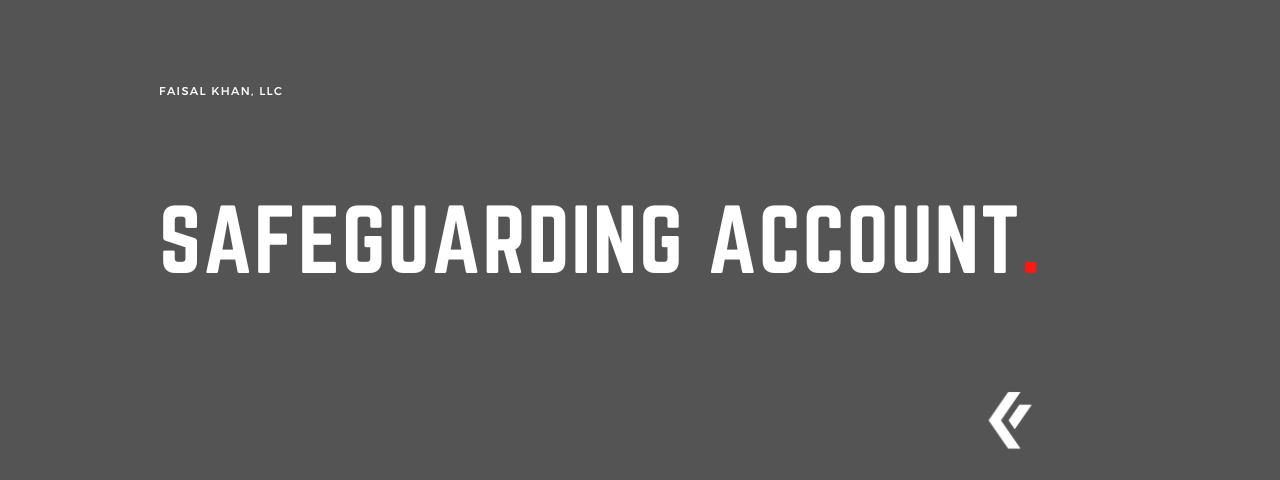Safeguarding accounts are a type of account used in the financial industry to protect client funds. The Financial Conduct Authority (FCA) in the UK mandates certain types of businesses, particularly those in the payment services and e-money sectors, to safeguard customer funds. This means these businesses must keep customer money separate from their own in the event of insolvency.
Here are some frequently asked questions regarding safeguarding accounts:
- What is a safeguarding account?
A safeguarding account is an account set up by a regulated firm to hold customer funds separate from its own. The money in this account should not be used for any other purpose, including the firm’s business activities. - Where is it used?
These accounts are typically used by financial services firms, particularly payment service providers and electronic money institutions. These businesses are required by the FCA to segregate customer funds to protect them in the event of the firm’s insolvency. - What type of account is it?
This is typically a separate bank account that is clearly identified as a safeguarding account, where customer funds are kept separate from the company’s operational funds. - What is so special about it?
What makes this account special is its sole purpose – protecting customer funds. Money in this account cannot be used for other purposes, such as funding the company’s operations or investing. This ensures that if the company becomes insolvent, customer funds will still be available and protected. - Who uses it?
Payment services providers and e-money institutions are required by the FCA to use safeguarding accounts. These businesses often handle significant amounts of customer money, so the FCA has rules in place to ensure this money is kept safe. - Where can one get this account?
A safeguarding account would be set up with a bank or a credit institution. It needs to be a separate account from the ones used for the company’s daily operations. The account should be clearly labelled as a safeguarding account, and the bank should be aware of its purpose. - What is the importance or need for a safeguarding account?
The primary purpose of a safeguarding account is to protect customer funds. This is especially important in the financial services sector, where firms often handle large amounts of customer money. If a company were to become insolvent, money in a safeguarding account would be protected and could be returned to customers. Without this requirement, customers could potentially lose their funds if the company went bankrupt.
It’s important to note that these requirements are specific to UK regulations under the FCA. Different countries and regulatory bodies may have different requirements for the protection of customer funds.
—
This page was last updated on June 19, 2023.
–

